
Kód: 04906399
Medievalia et Humanistica No. 31
Autor Paul Maurice Clogan
Since its founding in 1943, Medievalia et Humanistica has won worldwide recognition as the first scholarly publication in America to devote itself entirely to medieval and Renaissance studies. Since 1970, a new series, sponsored b ... celý popis
- Jazyk:
 Angličtina
Angličtina - Väzba: Pevná
- Počet strán: 192
Nakladateľ: Rowman & Littlefield, 2005
- Viac informácií o knihe

Mohlo by sa vám tiež páčiť
Darujte túto knihu ešte dnes
- Objednajte knihu a vyberte Zaslať ako darček.
- Obratom obdržíte darovací poukaz na knihu, ktorý môžete ihneď odovzdať obdarovanému.
- Knihu zašleme na adresu obdarovaného, o nič sa nestaráte.
Viac informácií o knihe Medievalia et Humanistica No. 31
Nákupom získate 490 bodov
 Anotácia knihy
Anotácia knihy
Since its founding in 1943, Medievalia et Humanistica has won worldwide recognition as the first scholarly publication in America to devote itself entirely to medieval and Renaissance studies. Since 1970, a new series, sponsored by the Modern Language Association of America and edited by an international board of distinguished scholars and critics, has published interdisciplinary articles. In yearly hardbound volumes, the new series publishes significant scholarship, criticism, and reviews treating all facets of medieval and Renaissance culture: history, art, literature, music, science, law, economics, and philosophy. Volume thirty-one in the new series contains six original and refereed articles that represent a reengagement with history. They focus on a variety of topics, ranging from reception theory in Andreas Capellanus and the ideal sovereign in Christine de Pizan to peasant rebel leaders in late-medieval and early-modern Europe. Don Monson's article makes good usage of Jauss's reception theory and analyzes the third Dialogue of Book I, Chapter 6 of De Amore in a thorough and intelligent way. Important aspects of the relationship between "scientific" Latin treaties and Provencal courtly poetry are neatly demonstrated. Karen Gross examines structural and thematic resemblances between the Aeneid and De Casibus, arguing that Anchises' "pageant of future Roman worthies" (Aen. VI) is connected to the frame structure of De casibus. The author is interested in "global similarities, not local verbal echoes," and believes that the "structure resonances" have implications for "how Boccaccio understood the interaction between history and poetry, between the living and the dead." Especially thought-provoking and original are the discussion of the motif of father/son piety and commemoration and the contrast of Virgil's fortuna in Roman history and Boccaccio's in world history. Daisy Delogu's article on Christine de Pizan is a timely one, and also represents reengagement with history th
 Parametre knihy
Parametre knihy
Zaradenie knihy Knihy po anglicky Humanities History History: earliest times to present day
196.98 €
- Celý názov: Medievalia et Humanistica No. 31
- Podnázov: Studies in Medieval and Renaissance Culture
- Autor: Paul Maurice Clogan
- Jazyk:
 Angličtina
Angličtina - Väzba: Pevná
- Počet strán: 192
- EAN: 9780742549494
- ISBN: 0742549496
- ID: 04906399
- Nakladateľ: Rowman & Littlefield
- Hmotnosť: 422 g
- Rozmery: 235 × 180 × 19 mm
- Dátum vydania: 29. September 2005
Obľúbené z iného súdka
-

Illustrated Encyclopedia of Uniforms of World War I
20.62 € -27 % -

Guns, Germs, and Steel
16.76 € -
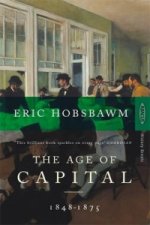
Age Of Capital
15.34 € -28 % -

Age Of Extremes
17.17 € -22 % -
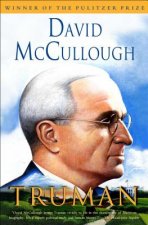
Truman
18.29 € -32 % -

Underground
10.87 € -24 % -

The Art of Combat
28.96 € -18 % -

Deng Xiaoping and the Transformation of China
32.82 € -
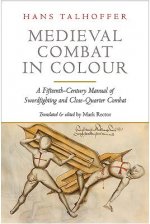
Medieval Combat in Colour
25.40 € -28 % -

Electric Kool-Aid Acid Test
10.97 € -23 % -
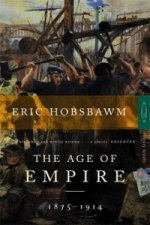
Age Of Empire
16.56 € -22 % -

Pol Pot
15.34 € -28 % -

Access to History: War and Peace: International Relations 1890-1945 Fourth Edition
34.75 € -
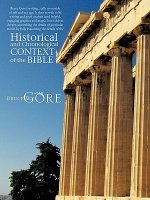
Historical and Chronological Context of the Bible
43.39 € -

Life
13.41 € -28 % -
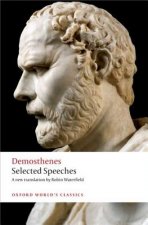
Selected Speeches
13.10 € -23 % -

Vipers in the Storm: Diary of a Gulf War Fighter Pilot
26.11 € -10 % -
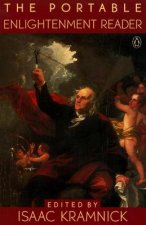
Portable Enlightenment Reader
19.91 € -21 % -
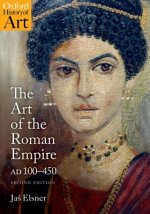
Art of the Roman Empire
22.35 € -28 % -
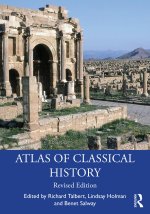
Atlas of Classical History
56.30 € -

Scenting Salvation
44.21 € -

Varangian Guard 988-1453
14.53 € -28 % -
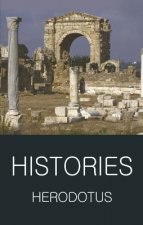
Histories
5.28 € -29 % -
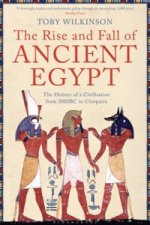
Rise and Fall of Ancient Egypt
17.37 € -28 % -
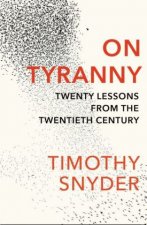
On Tyranny
9.75 € -27 % -

From Third World to First
14.02 € -25 % -
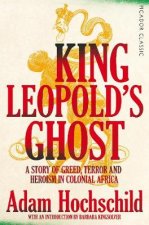
King Leopold's Ghost
13.20 € -16 % -
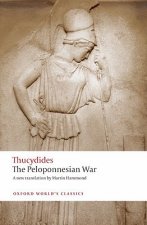
Peloponnesian War
12.39 € -28 % -

Spartans
14.42 € -22 % -
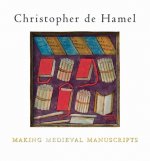
Making Medieval Manuscripts
17.17 € -19 % -

Chernobyl Prayer
10.56 € -21 % -

Who Paid The Piper?
13.41 € -28 % -
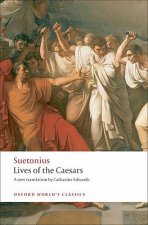
Lives of the Caesars
10.76 € -29 % -

Oxford History of Poland-Lithuania
63.42 € -

The Origins of Totalitarianism
10.36 € -23 % -

Postwar
16.46 € -26 % -

Creation of Patriarchy
25.91 € -

Shake Hands With The Devil
13.92 € -19 % -
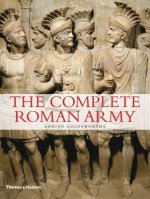
Complete Roman Army
20.42 € -28 % -
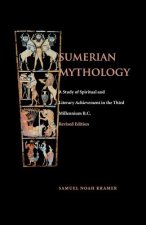
Sumerian Mythology
23.98 € -8 % -

America's Secret Establishment
17.17 € -18 % -
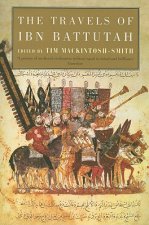
Travels of Ibn Battutah
11.37 € -28 % -

Yoga Body
18.69 € -11 % -

Fall of Yugoslavia
11.37 € -28 % -

Fear and Loathing on the Campaign Trail '72
13.41 € -28 % -

Caesar
18.69 € -22 % -

1913
10.87 € -27 % -
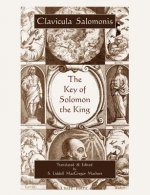
Key of Solomon the King (Clavicula Salomonis)
10.36 € -

Armies of the Late Roman Empire AD 284 to 476
29.06 € -19 %
Osobný odber Bratislava a 2642 dalších
Copyright ©2008-24 najlacnejsie-knihy.sk Všetky práva vyhradenéSúkromieCookies




 21 miliónov titulov
21 miliónov titulov Vrátenie do mesiaca
Vrátenie do mesiaca 02/210 210 99 (8-15.30h)
02/210 210 99 (8-15.30h)